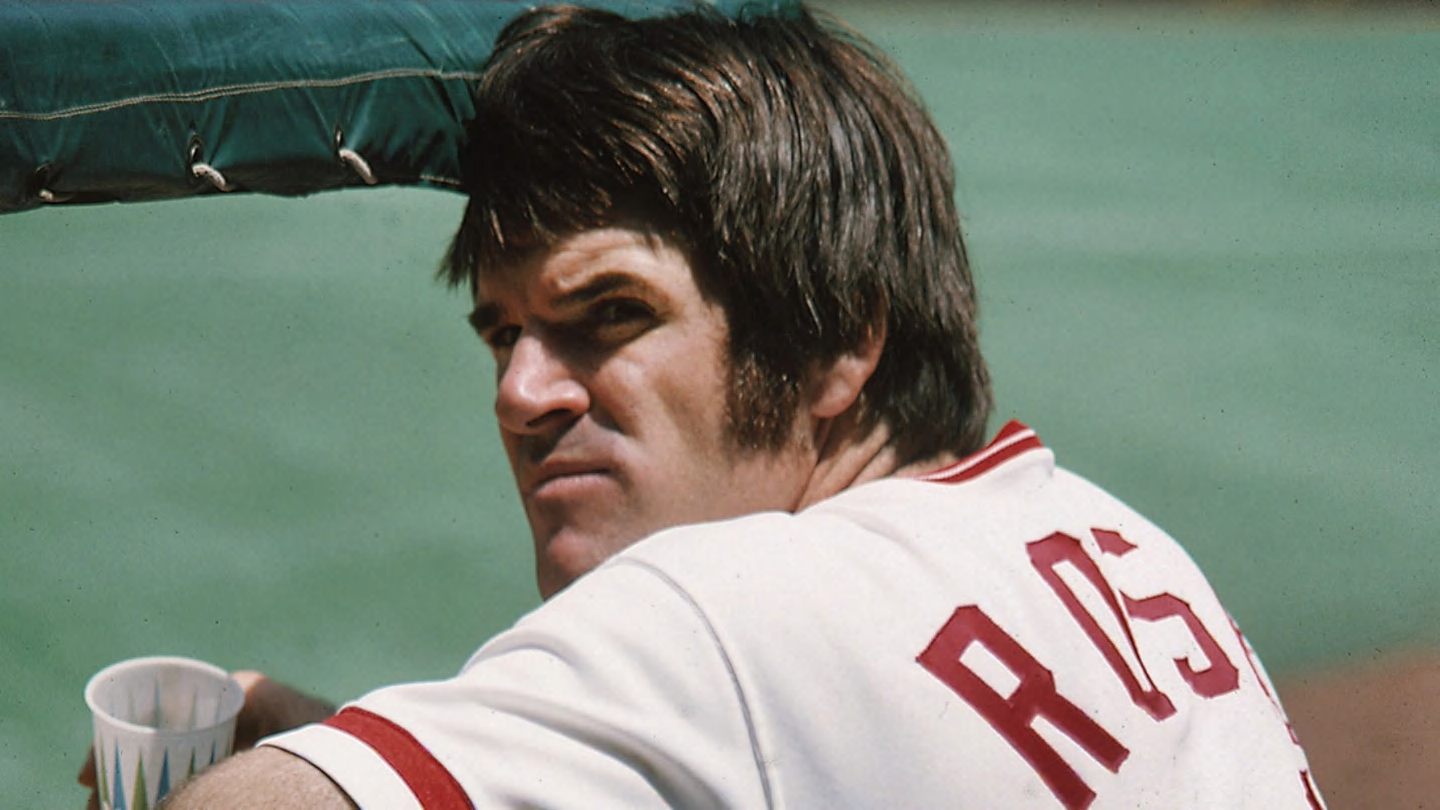Remembering Pete Rose: A Baseball Legend and Controversial Figure
Pete Rose, a name synonymous with baseball excellence and controversy, has passed away at the age of 83, as confirmed by a source close to his family. His death marks the end of an era for a player who not only set numerous records but also became a polarizing figure in the sport’s history.
A Stellar Career
Pete Rose’s journey in Major League Baseball (MLB) began in 1963 and spanned an impressive 24 years. Over that time, he established himself as one of the greatest players in the game. Rose was a 17-time All-Star, a testament to his consistent performance and popularity among fans and peers alike. His career statistics are staggering: he retired as MLB’s all-time leader in hits with 4,256, singles with 3,215, games played with 3,562, at-bats with 14,053, and plate appearances with 15,890.
His accolades include three batting titles, two Gold Gloves, and the National League MVP award in 1973. Rose was instrumental in leading the Cincinnati Reds to back-to-back World Series titles in 1975 and 1976, and he added another championship with the Philadelphia Phillies in 1980. His relentless work ethic and competitive spirit earned him the nickname "Charlie Hustle," reflecting his approach to the game and his dedication to winning.
Transition to Management
After his illustrious playing career, Rose transitioned into managing, taking on the role of player-manager for the Cincinnati Reds from 1984 to 1986. He was known for his fiery demeanor and deep understanding of the game, which he used to guide his team. However, his managerial career took a dramatic turn in August 1989, a pivotal moment that would forever alter his legacy.
The Fall from Grace
On August 24, 1989, following a lengthy investigation into his gambling activities, Rose voluntarily accepted a lifetime ban from baseball. The allegations suggested that he had bet on games while playing for and managing the Reds, with claims that he even wagered on his own team. This revelation shocked the baseball community and fans alike, as it contradicted the integrity that the sport is built upon.
In 1991, the Baseball Hall of Fame voted to bar anyone on the permanently ineligible list from induction, effectively sealing Rose’s fate and preventing him from being recognized among the sport’s greatest players in Cooperstown.
Admission and Controversy
For years, Rose denied the allegations against him, maintaining his innocence. However, in 2004, he made a startling admission, revealing that he had indeed bet on baseball games, including Reds games, while managing the team in 1987. He claimed that he never bet against his own team, a statement that did little to quell the controversy surrounding his actions.
The debate over Rose’s lifetime ban continues to be a contentious issue within baseball circles. He has appealed his status and applied for reinstatement multiple times, but each attempt has been met with rejection. The question of whether he should be allowed back into the sport he loved remains a divisive topic among fans, players, and officials.
Legacy and Impact
Pete Rose’s legacy is a complex tapestry woven with threads of extraordinary talent, record-breaking achievements, and profound controversy. He is celebrated as one of the greatest hitters in baseball history, yet his fall from grace serves as a cautionary tale about the consequences of gambling and the importance of integrity in sports.
As we remember Pete Rose, we reflect on a life dedicated to baseball, marked by both triumph and tragedy. His passing leaves a void in the sport, but his impact will be felt for generations to come. Whether viewed as a hero or a villain, Pete Rose’s story is an integral part of baseball history, one that will continue to spark discussions and debates long after his departure.


